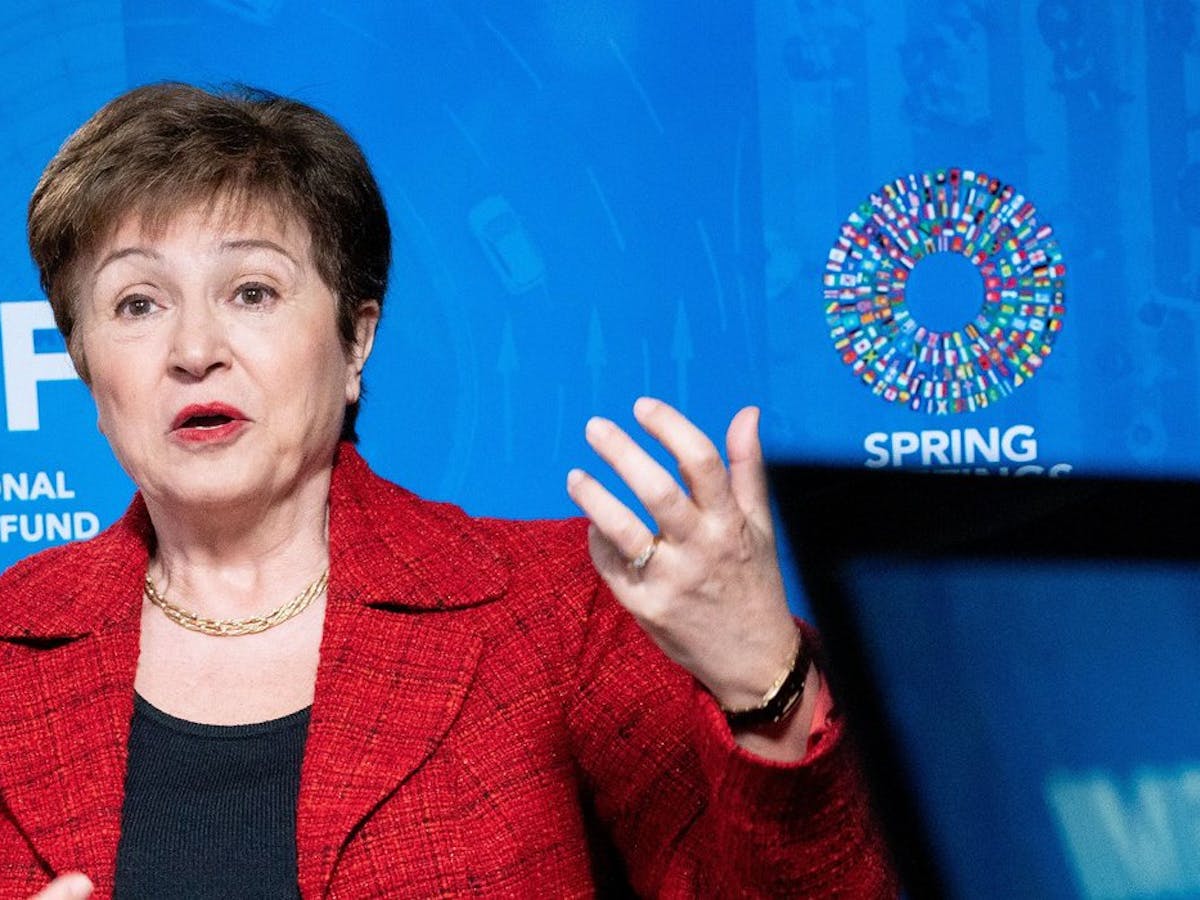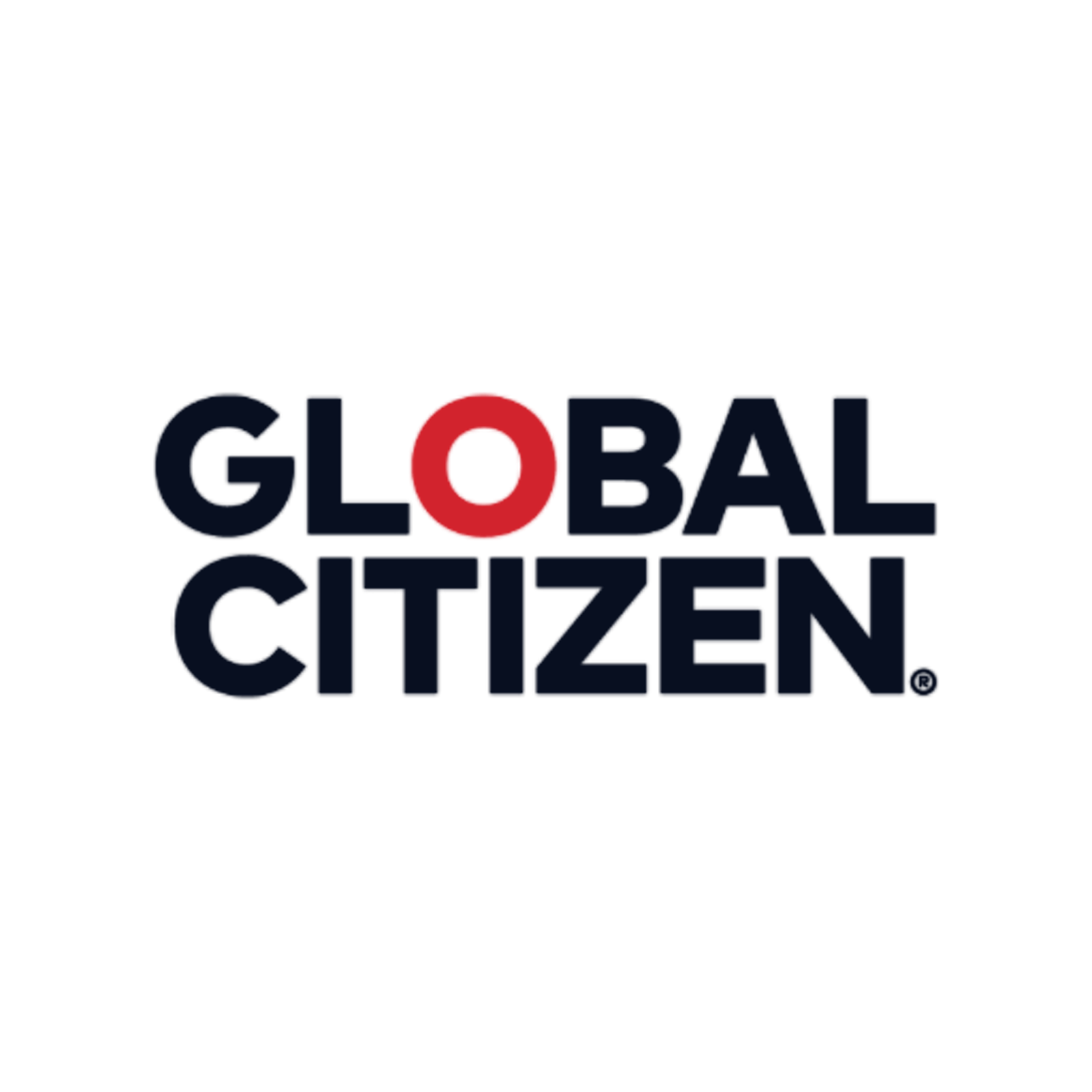During periods of global instability, the International Monetary Fund (IMF) dusts off one of its dormant bailout levers known as Special Drawing Rights (SDRs) to ease the fallout.
SDRs are basically coupons that countries can exchange with other countries for cash when they need immediate financial assistance to buy essential supplies, like vaccines, and support their economies.
During the financial crisis of 2008-2009, the IMF injected $283 billion into the global economy this way. Last August, the IMF released another $650 billion to support the global economic recovery from the COVID-19 pandemic.
But a strange thing happens when SDRs are allocated — the wealthiest countries get the most, while the poorest countries get the least.
In other words, the countries that most need assistance get the least support from the IMF.
So when the $650 billion was disbursed last year, G20 countries received a whopping $442.8 billion (68% of the total), while the poorest 44 countries received $45.5 billion (7%) of the total. That’s on top of the absurdly disproportionate recovery effort to date, in which wealthy countries have spent 212 times more per capita to bounce back than poor countries.
But in the meantime, wealthy countries can take matters into their own hands by simply channelling their SDRs to countries that need them more. This would be a form of aid that would cost donating countries only asmall annual interest ratethat could, theoretically, be suspended by the IMF.
G20 and G7 countries have pledged to channel $100 billion in this way, but have only committed $56 billion so far. When countries meet for the IMF’s annual spring meetings in April, countries have the opportunity to commit the remaining amount and go even further to address global inequality.
Many European countries — including The Netherlands, Ireland, Belgium, Sweden, Austria, Portugal, and Denmark — have yet to commit any SDRs. In the case of Germany, one of the EU’s major economies, legal boundaries might prevent a direct reallocation of SDRs, which should not hold the country back from committing its fair share through budgetary means.
The European Union-African Union (EU-AU) Summit, which kicks off Feb.17, is an ideal moment for progress on SDRs. The push to reach $100 billion in reallocation measures should understandably start here.
This target was inspired by the colossal impact of the COVID-19 pandemic on economies worldwide. But there are other pressing arguments for reallocating SDRs, such as the escalating climate crisis and the need to pandemic-proof health systems in low-income countries.
But those larger ambitions could benefit from proof of concept. What better place to start than facilitating the global recovery from a pandemic?
You can support the call to ensure lower-income have the support they need to recover by urging key European governments to step up and commit at least 25% of their SDRs to the countries most in need.

